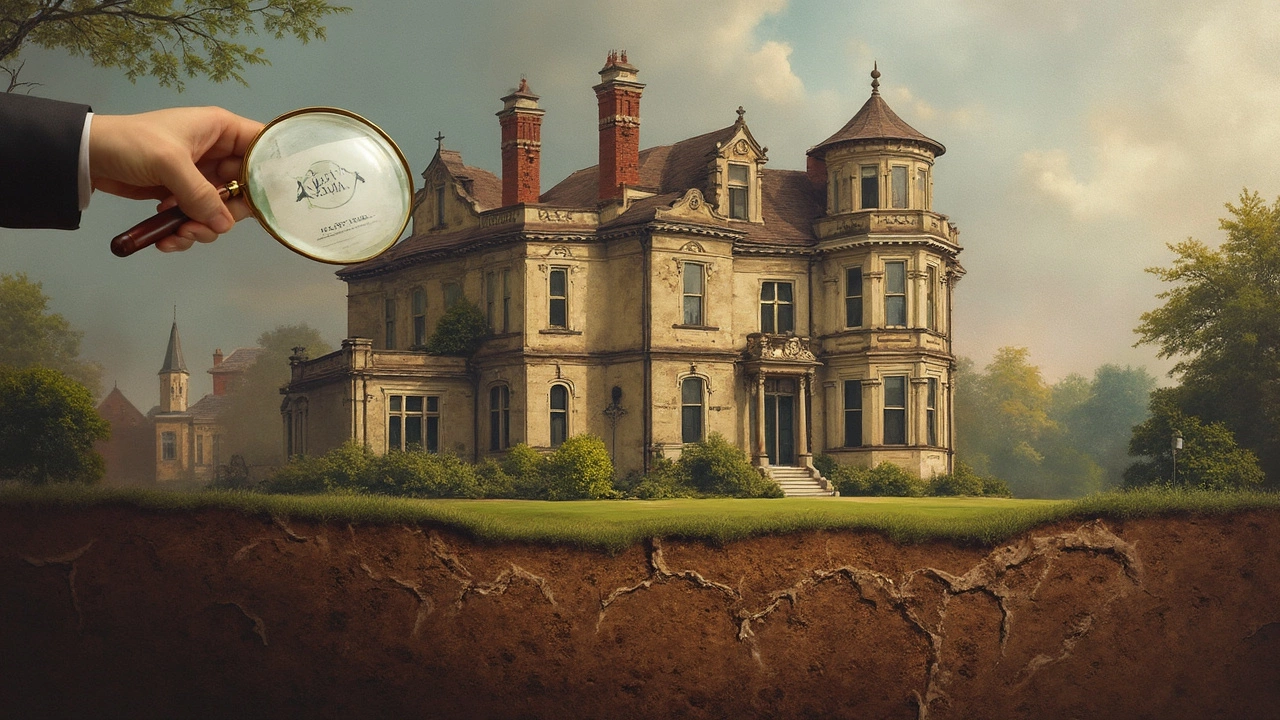Repair Tips & Services for Homeowners
If something in your home is leaking, creaking or just isn’t working right, you need clear, no‑nonsense advice. At McNeil Plumbing & Construction we handle everything from a burst pipe to a cracked foundation, so you’ll find the basics right here before you pick up the phone.
Plumbing Repairs You Can Do Now
Most bathroom leaks start with a simple faucet drip. Turn off the shut‑off valve under the sink, replace the worn O‑ring and tighten the handle. If water still pools, the problem is probably a faulty cartridge – a cheap part you can swap in 15 minutes. Remember to turn the water back on slowly to avoid shocking the new seal.
For a clogged drain, avoid harsh chemicals. Use a plunger first; if that fails, a mix of hot water, baking soda and vinegar clears most blockages. When the sink still drains slowly, a hand‑held snake reaches deeper clogs without damaging pipes.
When Foundations Crack, Don’t Panic
Horizontal cracks in a concrete slab often signal serious movement. Measure the crack width with a ruler – less than 1 mm is usually a shrinkage crack and can be filled with epoxy. Wider gaps need a specialist to inject polyurethane or to install steel piers.
Before you call anyone, check for signs of water intrusion. Moisture in the basement or uneven floors usually means you have a drainage issue that must be fixed first. A simple French drain installation can stop water from worsening the crack.
Roof repairs also follow a quick checklist. Spot a missing shingle? Ladder up safely, slide a new shingle under the old underlayment and nail it down. For a leak around a vent pipe, apply roofing cement around the base and replace the flashing if it’s cracked. If water shows up inside the attic, the problem may be poor ventilation – install a ridge vent to let moisture escape.
Cost‑saving tip: always get at least three quotes for big jobs like foundation or roof work. Look for a breakdown of labour, materials and any warranty. The cheapest quote may hide hidden fees, while the most expensive isn’t always the best quality.
Finally, know when to call the pros. If you’re dealing with gas lines, large‑scale water damage, or structural cracks wider than a quarter inch, a certified contractor reduces the risk of further damage and keeps you safe.
With these basics, you can tackle small repairs yourself and confidently decide when a professional is needed. Keep this guide handy, and your home will stay in good shape without surprise emergencies.

